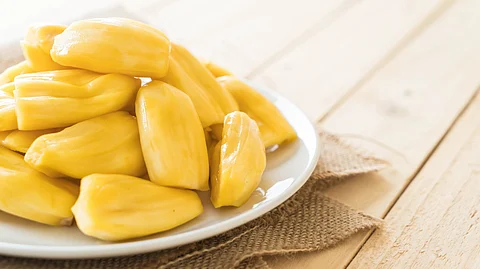Experiment Confirms Jackfruit’s Role
To resolve the mystery, KSRTC officials conducted a controlled experiment at the depot. A driver who had previously tested negative consumed several pieces of the same overripe jackfruit. Within minutes, the breathalyzer registered a positive reading, mirroring the earlier results. This confirmed the fruit’s fermented sugars caused the false positives, clearing the drivers of any wrongdoing. The experiment underscored the need for greater awareness of breathalyzer interferences in KSRTC’s rigorous testing protocols.
Prior KSRTC Breathalyzer Issue in Kozhikode
A similar incident occurred in April 2025 at KSRTC’s Kozhikode depot, where a driver failed a breathalyzer test after consuming cough syrup containing ethanol or similar compounds. The driver was cleared after officials verified the syrup’s role, prompting KSRTC to review its testing procedures. This earlier case heightened awareness of non-alcoholic substances causing false positives, setting the stage for the Pandalam investigation.
Expert Insights on Breathalyzer Sensitivity
Experts explained that overripe jackfruit, rich in glucose and fructose, undergoes natural fermentation, producing trace amounts of ethanol that mimics alcohol on breath tests. Pathologists noted that breathalyzers, designed to detect ethanol, may misinterpret fermentation byproducts from foods like thenvarikka jackfruit. Other fermented items, including bananas, mangoes, kimchi, and non-alcoholic beer, can also trigger false positives, especially in sensitive devices used in zero-tolerance settings like KSRTC.
Implications for KSRTC and Public Awareness
The incident sparked discussions within KSRTC about breathalyzer sensitivity and potential interferences. Officials are considering training programs to educate drivers about foods that could affect test results, ensuring compliance with safety standards. The case also raised public awareness about the limitations of breathalyzer technology, encouraging broader understanding of how everyday items can impact alcohol detection in professional settings.
(Rh/Eth/PB/MSM/SE)


